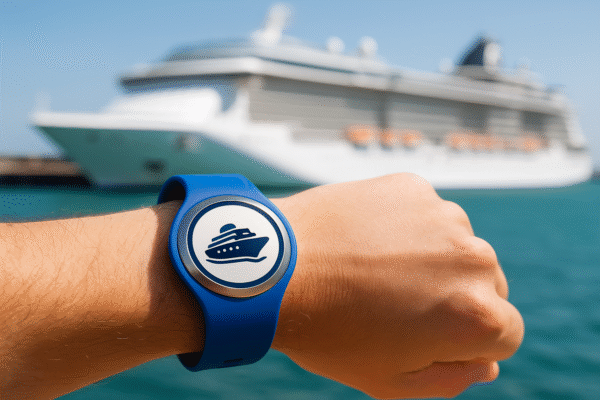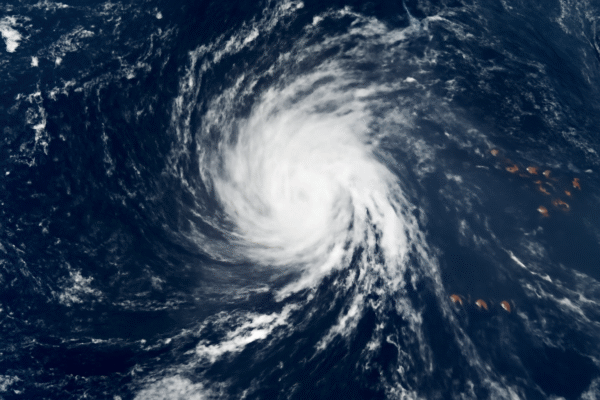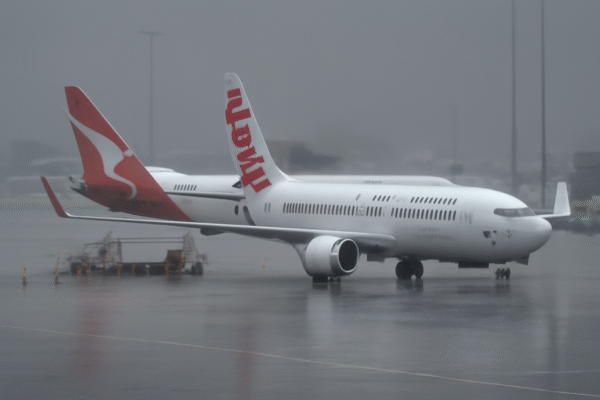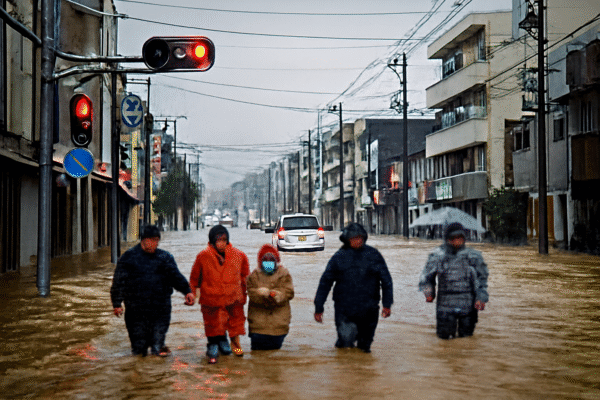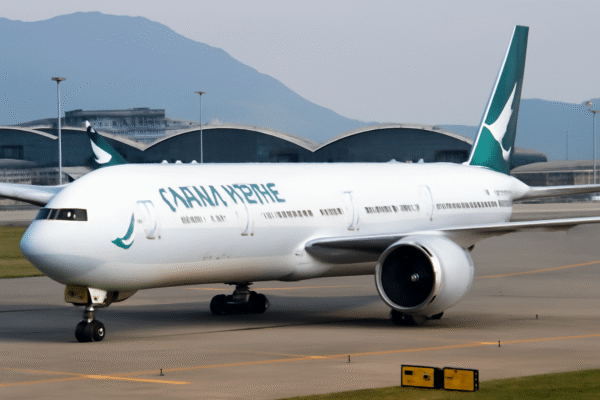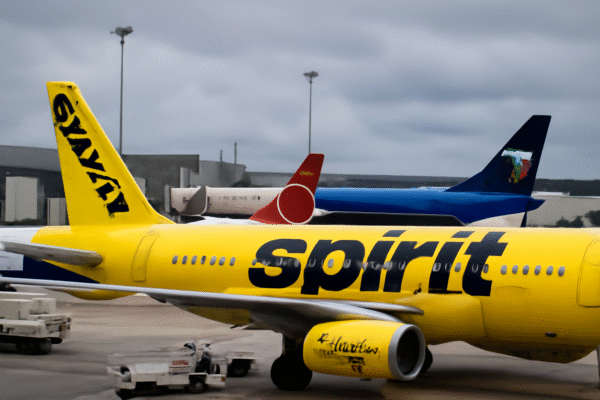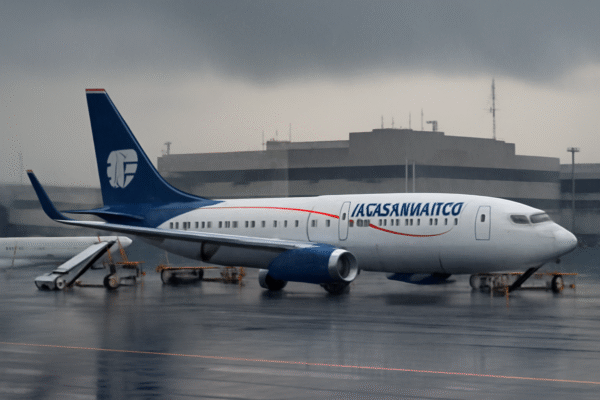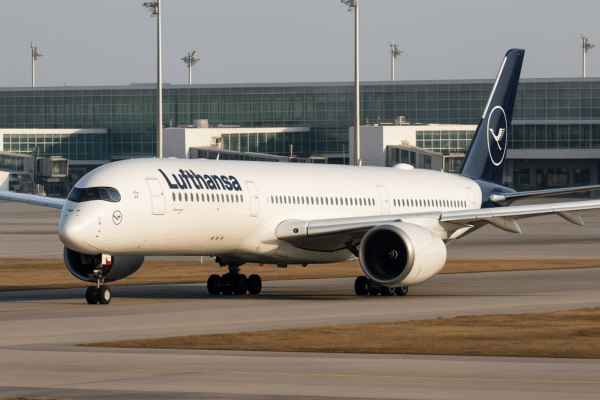As of early August 2025, Hawaii has confirmed its 11th travel‑related dengue fever case of the year—10 on Oahu and one on Maui. The Hawaii Department of Health (DOH) continues to deploy mosquito‑control teams in affected areas while urging both residents and visitors to follow mosquito‑bite prevention practices closely. Though Hawaii is not dengue‑endemic, the presence of Aedes mosquitoes and the return of infected travelers heightens the risk of local transmission during the mosquito season. Health officials recommend that travelers returning from dengue‑affected areas take precautions like using repellents and monitoring for symptoms for up to three weeks.
Global Dengue Hotspots That Travelers Should Watch
Hawaii’s situation reflects a broader global pattern. In the Pacific Islands, dengue cases in 2025 have surged—totaling over 16,500 confirmed cases and 17 deaths, the highest in a decade. Fiji, Samoa, and Tonga are among the hardest hit, with outbreaks declared and public health measures such as island‑wide clean‑ups, mosquito spraying, and emergency responses underway. Climate change is extending dengue transmission seasons, even in regions once considered low‑risk.
In Bangladesh, the dengue crisis is critical. As of August 11, the country has recorded more than 24,000 infections and 101 deaths in 2025, with experts warning that September could be even worse unless aggressive interventions are enacted.
Other travel health notices include countries such as the Philippines, Fiji, French Polynesia, Tonga, Cook Islands, Samoa, and several South and Central American nations—all flagged for higher‑than‑usual dengue activity. The CDC emphasizes that dengue is a year‑round risk in many parts of the world, with outbreaks commonly occurring every 2–5 years.
Why Dengue Is Escalating Worldwide
Several interconnected factors are boosting global dengue transmission:
- Climate change: Rising temperatures, humidity, and erratic rainfall create ideal breeding conditions for Aedes mosquitoes, leading to longer transmission seasons even in previously low‑risk areas.
- Urbanization, travel, and trade: Increased human movement and global connectivity facilitate the spread of dengue between regions.
- Recurring outbreaks: Many regions see cyclical dengue surges—often every few years—meaning travelers must remain vigilant year‑round.
What Travelers Should Do to Stay Healthy
To minimize dengue risk, travelers should adopt these precautionary measures:
- Apply EPA‑registered insect repellents containing DEET, picaridin, or other proven ingredients—reapply after swimming or sweating.
- Wear long‑sleeved clothing and pants, preferably light in color, to deter mosquitoes.
- Stay in air‑conditioned or screened accommodations—avoid open or unprotected windows at dawn and dusk when mosquitoes are most active.
- Eliminate standing water around lodging or homes—empty containers, flower pots, rain barrels, and other potential breeding sites.
- Check health advisories at least four to six weeks before travel to high‑risk areas, using official sources like the CDC, WHO, or local health ministries
- Monitor health after travel—seek medical evaluation promptly if symptoms like fever, headache, rash, vomiting, or sharp muscle/joint pains appear, especially within two weeks of return.
Conclusion: Travel Smart, Stay Protected
Hawaii’s cluster of imported dengue cases serves as a reminder that in our interconnected world, vector-borne diseases can span continents quickly. With climate change enabling mosquitoes to thrive in new environments and global travel accelerating, awareness and prevention are travelers’ best allies.
Whether you’re visiting tropical beach paradises or island getaways in the Pacific, Southeast Asia, or South America, taking simple preventive steps ensures your journey remains not only memorable—but safe and healthy.
For more travel news like this, keep reading Global Travel Wire

